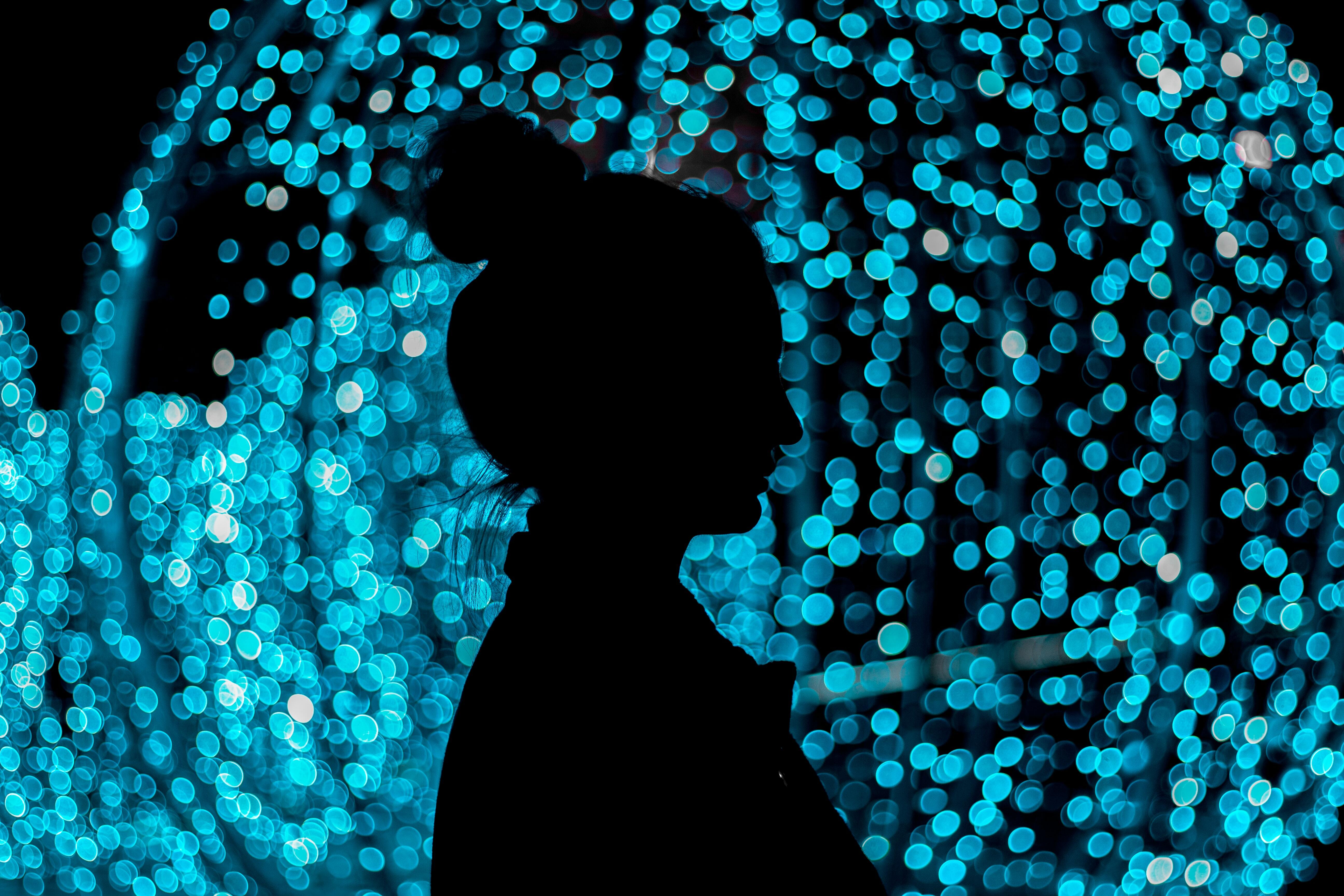
The Power of Personal Stories in Building Strong Company Culture
Have you ever considered how personal stories can impact employee engagement? As humans, we are wired for connection and meaning, and personal stories have the power to create both. When employees feel seen and heard, when they can bring their authentic selves to work, they are more likely to be engaged, productive, and committed. Sharing personal stories can also help build trust and understanding within a team, leading to stronger relationships and better collaboration. At RTC, we believe that helping employees uncover and share their personal stories can have a transformative effect on company culture and employee engagement. Through our storytelling courses, we provide a safe and supportive space for individuals to explore their experiences and identities, and to share their unique perspectives with their colleagues. The result? A more engaged, empowered, and connected workforce.
Sharing stories builds trust — but how do you protect that trust you’ve built?
Download 9 Red Flags of Low Trust to spot the warning signs that could weaken the strong culture you’re creating.
Our stories shape our identity and give meaning to our lives, but they can be difficult to articulate, especially when fueled by complex emotions and experiences. This is where a "story doula" can help. A story doula is a combination of a counselor, priest, and grandmother who guides us through the process of exploring memories, desires, and downfalls, and helps us put them into words that are clear, concise, and authentic.
At RTC, we specialize in being doulas for the creative process. We offer courses that help employees tell their personal stories and claim their power, building trust and engagement with their colleagues. Our courses create a safe and supportive environment for individuals to share these stories. Through a series of exercises and challenges, we guide our students from the first few words to the final version where they can step out of their past and into a more powerful, whole, and healed version of themselves.
Our courses go beyond storytelling and help employees discover their life's purpose, understand who they are, and explore their desires and ambitions. By uncovering and sharing personal stories, employees gain a deeper understanding of themselves and the role they play at work, which can dramatically improve company culture and employee engagement. It's a challenging, yet incredibly rewarding journey that we are honored to guide employees in undertaking.